Recently, Oral‑B introduced its Oral-B iO Series 2 (iO2) electric toothbrush at an event in Germany. One of the speakers was Dr Daniel P. Grotzer, who is the key liaison at Oral‑B for professional and scientific relations across Germany, Austria and Switzerland. He is a skilled dentist with an impressive background in oral and maxillofacial surgery, and his work centres on the translation of cutting-edge scientific research into actionable insights for both dental professionals and the general public. In an interview with Dental Tribune International at the launch, he explained how his current role enables him to seek to improve oral health more broadly and how Oral‑B iO technology promotes oral health.
Dr Grotzer, what motivated you to work with Oral‑B, and has your journey over your nine years at the company shaped your perspective on oral care innovations?
As a student, my goal was to help people avoid disease and pain before it ever became a problem, because as a dentist I am able to prevent disease and not just detect it, which in itself is quite unique in the medical field. My career then brought me to surgery, but I always found it difficult to step in to fix problems after things had gone wrong and the damage was done. It was tough for me because my whole rationale was prevention, so I decided to go back to my goal of helping people avoid oral disease. In dental practice, I could only treat so many people a day, whereas my work at Oral‑B has given me an opportunity to do a lot more. I can now form partnerships with scientific associations, create programmes to educate and inform the public and share the knowledge I have acquired with millions of people.
What are the most common myths about oral care, and how does brushing with the Oral-B iO2 address these?
There are a few myths regarding electric vs. manual toothbrushes. One common myth is that electric toothbrushes are no more effective than manual ones. I always recommend using an electric toothbrush because they are far more effective than manual ones. Every dental professional and scientist I know agrees on this. Also, the round brush head of many electric toothbrushes, like the Oral-B iO2, allows the user to easily reach each part of the mouth.
A common myth is that you press too hard with an electric toothbrush, potentially harming your teeth. However, the opposite is actually true: you are more likely to press harder with a manual toothbrush. The Oral-B iO2 has an effective pressure control feature that alerts users if they are pressing too hard and that reduces the movement of the brush in that case.
There is also quite some debate about whether to use a fluoride toothpaste or one without fluoride. I would always advise patients to use a fluoride toothpaste. All dental associations in Germany, Austria and Switzerland take the position that fluoride toothpastes are the gold standard in oral hygiene. There is an anti-fluoride movement at the moment that claims that fluoride can harm the nervous system, but fluoride is a naturally occurring substance in groundwater, surface water, minerals, soil and many other places, and adding it at precise, low levels provides significant dental health benefits without risk of toxicity. Fluoride is even found naturally in plants and food, such as green and black tea, as well as salmon. While Oral-B iO2 does not directly address the fluoride debate, it pairs perfectly with fluoride toothpaste to enhance oral hygiene by improving brushing efficiency and consistency, ensuring that fluoride’s full benefits are maximised.
Is the greater effectiveness of electric toothbrushes the key factor in convincing manual toothbrush users to switch?
Many manual toothbrush users will try an electric toothbrush because they know it is more effective, but they want an easy-to-use model. They do not need Bluetooth functionality or different modes; they only want the basic modes. The Oral-B iO2 is aimed at closing the gap between high-end toothbrushes and manual toothbrushes, allowing us to bring the benefits of iO technology to as many people as possible. The simplicity of the Oral-B iO2 is intended to make it easier for manual users to switch to an electric toothbrush.
What insights does research provide about the Oral‑B iO technology?
Research has shown that the smart iO technology, through its oscillating–rotating action combined with innovative microvibrations, provides superior plaque removal, improving gum health. The pressure control system ensures gentle brushing, crucial for protecting both tooth enamel and gum tissue. Features in some of the toothbrushes in the iO family, such as personalised coaching and progress tracking, have been shown to improve adherence to healthy habits. With feedback, users are more likely to stick to an oral care routine and maintain consistent brushing habits.
The importance of oral health and its link to general health has been well established in dentistry in the last few years, but it still seems to be quite new in the medical field. It seems that this could be an area of doctor–dentist collaboration.
Dentists are more aware of the connection between oral and overall health than general medical practitioners are. In recent years, many more studies have been released that have addressed this topic and proved the connections between oral and general health. You are correct that more general medical practitioners have to become aware of this topic and refer their patients to the dentist because many infections related to the oral cavity will affect other parts of the body. For example, a patient suffering from periodontitis and being treated for it will improve drastically in other areas of his or her health.
Topics:
Tags:
Just recently, Oral‑B senior scientist Dr Maria Wegemann presented the new Oral‑B iO2 toothbrush to media representatives at the launch event in ...
BERLIN, Germany: Oral-B has unveiled its Oral-B iO Series 2 (iO2), a new model in its revolutionary iO technology range. The Oral-B iO2 is being introduced ...
Prof. Dr. Marcel A. Wainwright DDS, PhD
Live webinar
Wed. 25 February 2026
11:00 am EST (New York)
Prof. Dr. Daniel Edelhoff
Live webinar
Wed. 25 February 2026
1:00 pm EST (New York)
Live webinar
Wed. 25 February 2026
8:00 pm EST (New York)
Live webinar
Tue. 3 March 2026
11:00 am EST (New York)
Dr. Omar Lugo Cirujano Maxilofacial
Live webinar
Tue. 3 March 2026
8:00 pm EST (New York)
Dr. Vasiliki Maseli DDS, MS, EdM
Live webinar
Wed. 4 March 2026
12:00 pm EST (New York)
Munther Sulieman LDS RCS (Eng) BDS (Lond) MSc PhD



 Austria / Österreich
Austria / Österreich
 Bosnia and Herzegovina / Босна и Херцеговина
Bosnia and Herzegovina / Босна и Херцеговина
 Bulgaria / България
Bulgaria / България
 Croatia / Hrvatska
Croatia / Hrvatska
 Czech Republic & Slovakia / Česká republika & Slovensko
Czech Republic & Slovakia / Česká republika & Slovensko
 France / France
France / France
 Germany / Deutschland
Germany / Deutschland
 Greece / ΕΛΛΑΔΑ
Greece / ΕΛΛΑΔΑ
 Hungary / Hungary
Hungary / Hungary
 Italy / Italia
Italy / Italia
 Netherlands / Nederland
Netherlands / Nederland
 Nordic / Nordic
Nordic / Nordic
 Poland / Polska
Poland / Polska
 Portugal / Portugal
Portugal / Portugal
 Romania & Moldova / România & Moldova
Romania & Moldova / România & Moldova
 Slovenia / Slovenija
Slovenia / Slovenija
 Serbia & Montenegro / Србија и Црна Гора
Serbia & Montenegro / Србија и Црна Гора
 Spain / España
Spain / España
 Switzerland / Schweiz
Switzerland / Schweiz
 Turkey / Türkiye
Turkey / Türkiye
 UK & Ireland / UK & Ireland
UK & Ireland / UK & Ireland
 Brazil / Brasil
Brazil / Brasil
 Canada / Canada
Canada / Canada
 Latin America / Latinoamérica
Latin America / Latinoamérica
 USA / USA
USA / USA
 China / 中国
China / 中国
 India / भारत गणराज्य
India / भारत गणराज्य
 Pakistan / Pākistān
Pakistan / Pākistān
 Vietnam / Việt Nam
Vietnam / Việt Nam
 ASEAN / ASEAN
ASEAN / ASEAN
 Israel / מְדִינַת יִשְׂרָאֵל
Israel / מְדִינַת יִשְׂרָאֵל
 Algeria, Morocco & Tunisia / الجزائر والمغرب وتونس
Algeria, Morocco & Tunisia / الجزائر والمغرب وتونس
 Middle East / Middle East
Middle East / Middle East
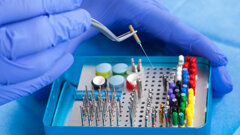
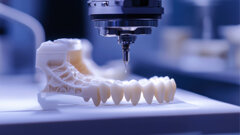
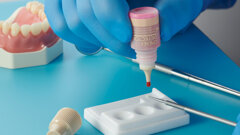

















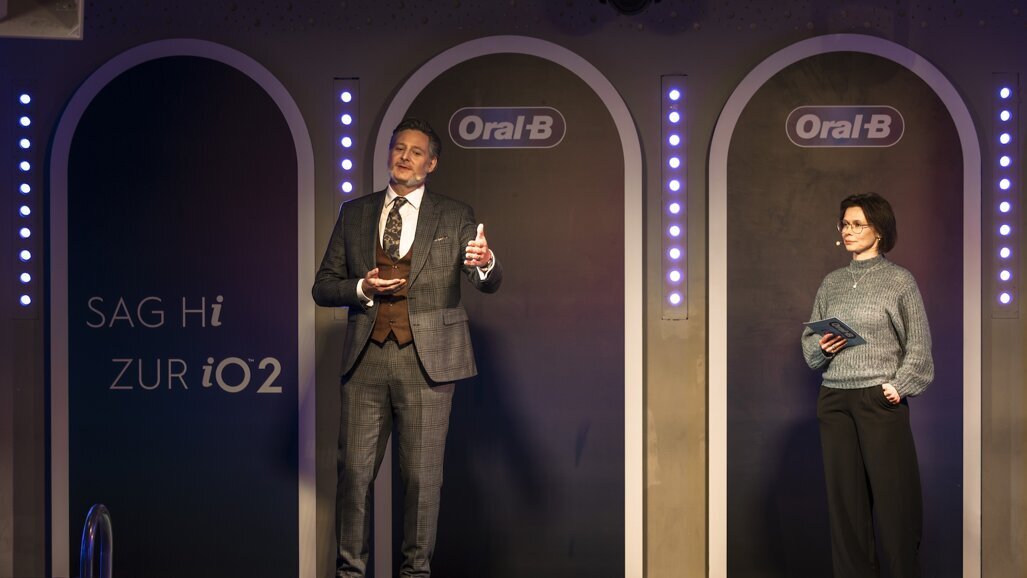




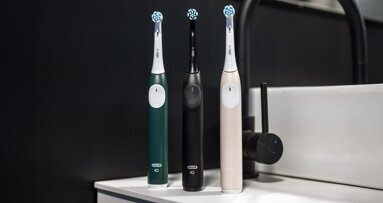









To post a reply please login or register